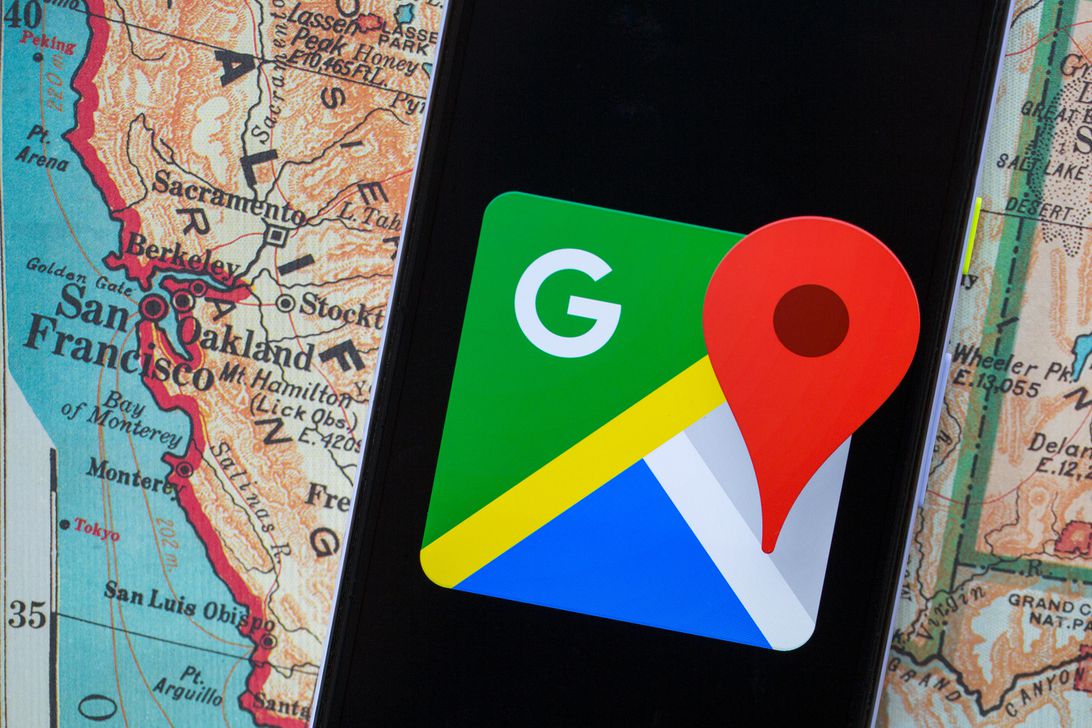
Angela Lang/CNET
Subscribe to CNET Now for the day’s most interesting reviews, news stories and videos.
“The ACCC submitted that the first representation was misleading because if the Web & App Activity setting was turned ‘on,’ Google continued to collect and store such data,” Thawley ruled, according to The Guardian. “I accept this submission.
“We disagree with the remaining findings and are currently reviewing our options, including a possible appeal,” a Google spokesman said.”We provide robust controls for location data and are always looking to do more — for example we recently introduced auto delete options for Location History, making it even easier to control your data.”
Justice Thomas Thawley said in judgment Friday this was “partially” misleading, and some consumers would have reasonably believed the data wouldn’t be collected as a result.
Users “acting responsibly” and leaving the Web & App Activity tracking setting enabled would also give permission to use and collect location data, Thawley ruled.
The ACCC applauded the ruling, saying that companies should clearly explain their settings to prevent consumers from being misled.
The ruling comes amid continuing scrutiny of how much data tech giants gather from consumers. Google said last year it would phase out third-party cookies that track a person’s individual browsing across websites and target ads to them based on their activity.
“Consumers should not be kept in the dark when it comes to the collection of their personal location data,” the ACCC said in a statement.
Google said in a statement it rejected the ACCC’s claims.
Google was found to be misleading users about the location data it collected.
Google “partially” misled some Android users in Australia regarding how their location data was being collected, according to a court ruling handed down Friday.
“Companies that collect information must explain their settings clearly and transparently so consumers are not misled. Consumers should not be kept in the dark when it comes to the collection of their personal location data.”
Australia’s Federal Court found that Google misrepresented that its “Location History” setting that users saw during the initial new account setup process was the only setting that affected whether identifiable information about their locations was collected or used.






